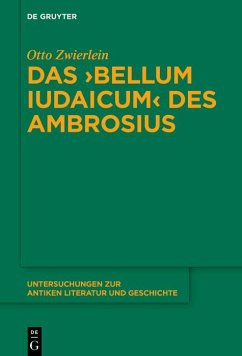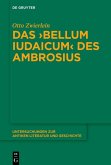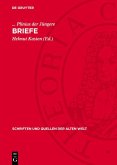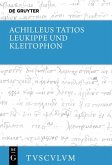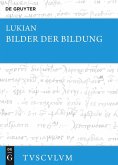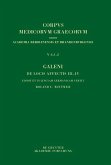The second part sheds light on the historiographical technique and historical interpretation of the early Ambrose, his demythicisation of the priestly prophet, general and historian Josephus, whose fictional self-stylisation as the god-sent herald of Vespasian's future he systematically banishes from his account. Detailed analyses explain the new structure of the work, its literary form based on the "classical" historians Sallust, Livy, Tacitus and Suetonius with a distinctly Vergilian and Sallustian colouring and the specifically Ambrosian view of the Roman generals and emperors from Pompey and Julius Caesar to Titus and Domitian.
Above all, however, is the image of the Christian interpreter of biblical, above all Old Testament writings, who, even before his episcopal office, sharpened Josephus' criticism of his fellow tribesmen who had deviated from the tradition of the fathers into an anti-Jewish polemic and, following Origen and Eusebius, developed a concept of history in which the Jewish-Messianic expectation of salvation was overtaken by the appearance of Christ.
Dieser Download kann aus rechtlichen Gründen nur mit Rechnungsadresse in A, B, BG, CY, CZ, D, DK, EW, E, FIN, F, GR, HR, H, IRL, I, LT, L, LR, M, NL, PL, P, R, S, SLO, SK ausgeliefert werden.

